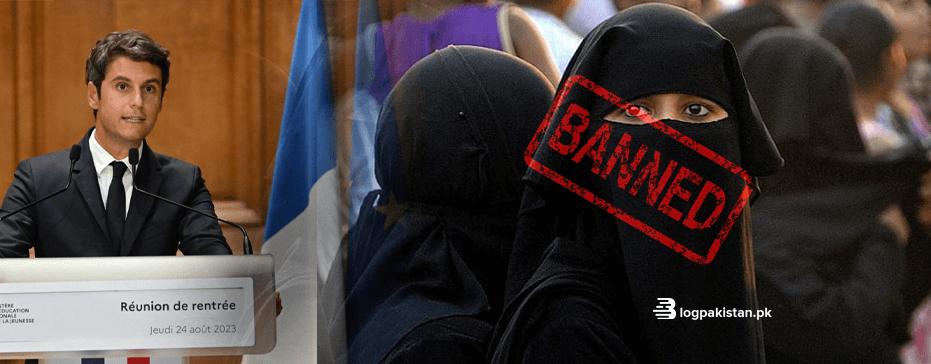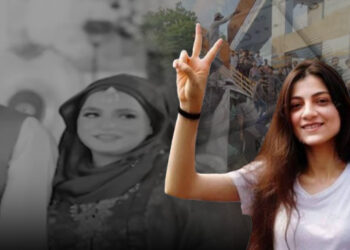France is set to prohibit the wearing of abayas, the full-length robes worn by some Muslim women, in state-run schools, according to the country’s Education Minister, Gabriel Attal. This announcement comes as the back-to-school season approaches.
France has maintained a strict ban on religious symbols in public schools since the 19th century when Catholic influence was removed from the education system. This has presented challenges as France grapples with a growing Muslim minority.
In French public schools, wearing large crosses, Jewish kippas, or Islamic headscarves is not allowed. In 2004, headscarves were banned in schools, and in 2010, a ban on full-face veils in public was implemented, sparking controversy within the country’s significant Muslim community.
France Promoting Neutral Clothing
Education Minister Gabriel Attal, speaking on the ban, stated, “I have decided that the abaya could no longer be worn in schools. When you walk into a classroom, you shouldn’t be able to identify the pupils’ religion just by looking at them.” This move follows months of debate over the wearing of abayas in French schools, a topic that had not faced an outright ban until now.
The ban on abayas was pushed for by right-wing and far-right groups, while the left argued that it could infringe on civil liberties. Unlike headscarves, abayas occupied a grey area in the regulations until this recent decision.
The French Council of Muslim Faith (CFCM), a national organization representing many Muslim associations, has asserted that clothing items alone should not be considered “a religious sign.”
Secularism is a fundamental principle in France, embraced by various political factions, from left-wing advocates of Enlightenment values to far-right individuals concerned about the increasing influence of Islam in French society.
Is it an Islamophobic Move?
Despite the government’s decision to ban abayas in schools, this move has not been without criticism. Opposition lawmakers have condemned it as an “Islamophobic campaign.” Jean-Luc Mélenchon, a prominent far-left politician, expressed sadness at the polarization caused by what he termed a “new, entirely artificial religious war about a woman’s dress.” He called for unity and true secularism.
France has implemented several contentious bans and restrictions on items of Islamic clothing in recent years, often attracting criticism from Muslim nations and international organizations. Last year, lawmakers passed a ban on wearing the hijab and other “conspicuous religious symbols” in sports competitions, citing safety concerns.
However, these policies have faced opposition, with critics arguing that they distort the liberal principles of the 1905 Law on Separation of Church and State and exacerbate social divisions.
Education Minister Gabriel Attal did not comment on guidelines regarding hijabs during his interview but focused on the abaya ban, emphasizing the need for clear rules at the national level regarding abayas in schools based on feedback from school leaders.
A Long History of Bans
According to TRT World, France banned the niqab and burqa in public places, streets, cinemas, and hospitals back in 2021.
In 2016, France banned burkinis, which are swimwear for Muslim women, and in 2014, it banned women’s veils in the country.
Apart from the above, the country has been in many other controversies for its various bans, which many deem as Islamophobic and targeted at the Muslim community.
Although the government claims to be promoting neutrality, for many, that is far from the truth.















